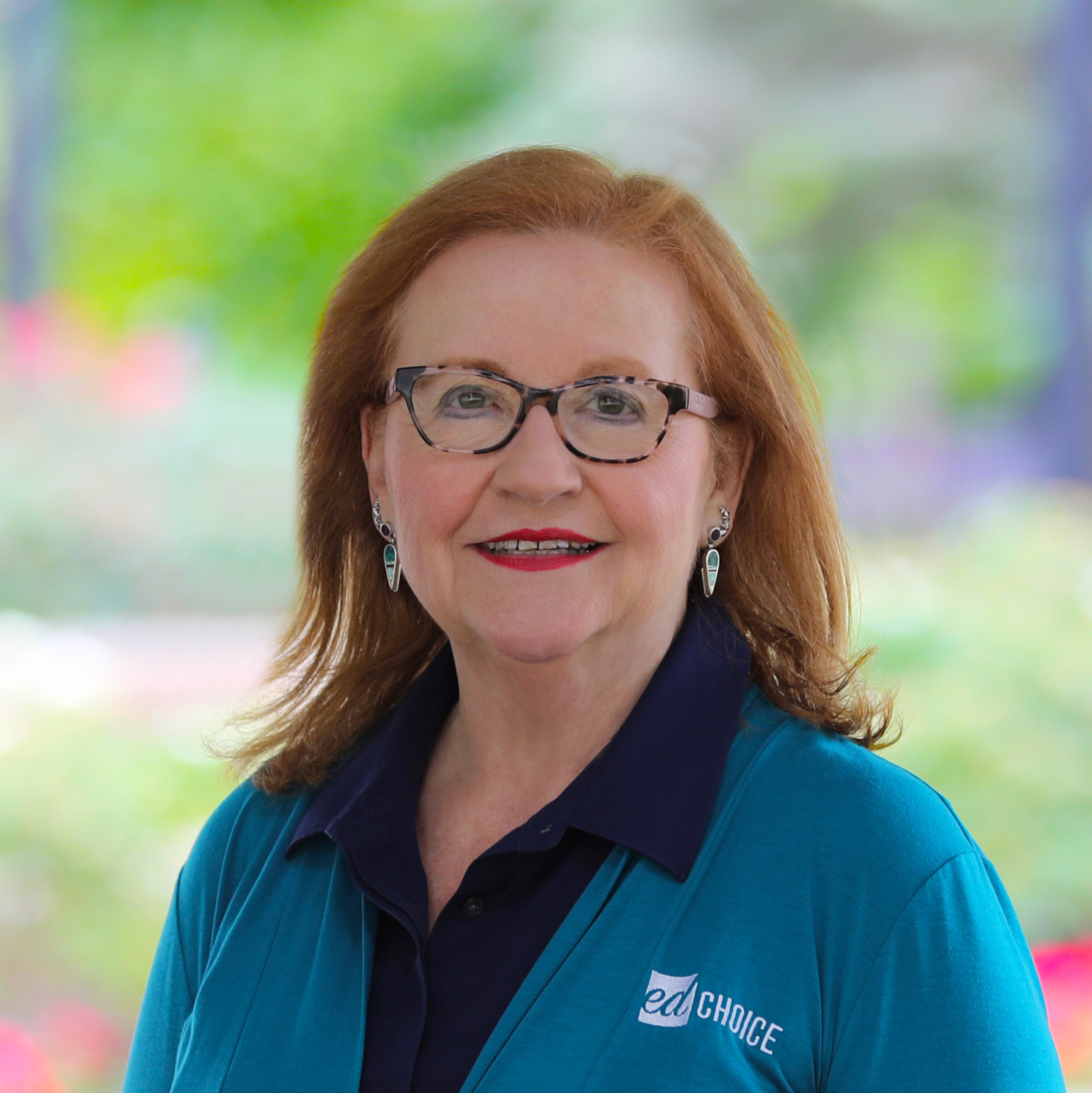BRIEF: School Choice in the States February 2016
Arizona – Michael Chartier @mchart1
In a 17–13 vote, the Arizona Senate passed SB 1279, a bill that would expand the state’s education savings account (ESA) eligibility. The bill then made its way to the House where it has been referred to both the Education and Rules committees.
Kansas – Michael Chartier @mchart1
The Kansas House Education Committee passed HB 2457 last month. The bill would expand eligibility for the state’s low-income tax-credit scholarship program and is now awaiting a full vote on the House floor.
Kentucky – Brittany Corona @BrittanyLCorona
HB 336, a companion bill to SB 44, was introduced to the legislature in February. Those bills would establish a tax-credit scholarship program for students from lower-income households. The bills also support public schools with a school improvement tax credit that allows taxpayers to be reimbursed when they donate to Commonwealth schools. SB 44 currently sits in the Senate Appropriations and Revenue Committee, and HB 336 is awaiting action in the House Appropriations and Revenue Committee.
Kentucky legislators in the House and Senate also drafted companion ESA bills for students with an Individualized Education Plan. HB 620 and SB 273 were both introduced at the beginning of March.
Mississippi – Michael Chartier @mchart1
SB 2385 and HB 943, companion bills to expand Mississippi’s ESA program, both failed to make it out of committee in the designated timeframe. No further action may be taken on those bills this session. HB 33, a technical corrections bill for the ESA program, passed out of the House and was sent to the Senate this month as well.
Missouri – Brittany Corona @BrittanyLCorona
In February, Missouri lawmakers considered SB 609 and HB 2307, companion bills that would create Missouri Scholarship Accounts (MSAs). MSAs would allow taxpayers to donate to educational assistance organizations (EAOs), nonprofits that provide scholarships to prior-public school students with special needs, in return for a 75 percent tax credit. Parents can then use their scholarship accounts much like education savings accounts, to pay for a variety of learning services and providers, including private school tuition, textbooks, educational therapies, curriculum, online learning, and even for future expenses, like college.
HB 2307 was introduced in January, referred to House Ways and Means in February and passed with amendments. It now sits in House Select Committee on Financial Institutions and Taxation. (Friedman Foundation State Director Brittany Corona submitted written testimony on behalf of the SB 609 on March 2 for a hearing in the Senate Education Committee.)
New Hampshire – Brittany Corona @BrittanyLCorona
The New Hampshire legislature considered HB 1371, a bill that would establish a study committee on education savings accounts for students with special needs. The House Education Committee passed the study committee for ESAs in a 12–8 vote on February 19. The bill is on its way to the House floor. If the bill passes the House and Senate, the study committee will begin ESA bill drafting over the summer.
Corona and Heritage Foundation fellow Lindsey Burke testified on behalf of ESAs in front of the New Hampshire House Education Committee on February 3. Following testimony, the Friedman Foundation hosted a training luncheon in Concord about education savings accounts: policy, practice, and constitutionality.
Oklahoma – Michael Chartier @mchart1
The Oklahoma Common Education Committee passed HB 2949, a bill that would create a nearly universal ESA program. The bill is currently waiting to be called up for a vote on the House floor.
Indiana – Michael Chartier @mchart1
SB 334, which would make technical corrections to Indiana’s school voucher program, has been sent to a conference committee to work out differences between the House and Senate versions of the bill. Some corrections at issue include adding a enrollment date for children who want to use a choice scholarship and providing for annual site visits of 5 percent of schools that receive scholarships.
South Dakota – Brittany Corona @BrittanyLCorona
South Dakota’s SB 159, which would create a tax-credit scholarship program for children from low-income families, was introduced in the Senate on February 4 and passed on February 24. The program would allow insurance companies to receive a tax credit worth 80 percent of contributions to a scholarship granting organization, which would then provide scholarships for students to attend private schools of choice. (The House hearings were scheduled the first week of March, and passed on March 8 with a 45–23 vote. The bill now awaits Gov. Dennis Daugaard’s signature.)
Tennessee – Brittany Corona @BrittanyLCorona
Companion bills HB 1049 and SB 999, which would create a school voucher program, were introduced to the Tennessee legislature in January, moved to the House floor, then were held on February 11 to be tabled for the 2017 legislative session. The program would allow low-income students or students zoned to attend a school that is identified as being in the bottom 5 percent of schools in overall achievement to attend a private school of choice. The program would be capped at 5,000 scholarships in the first year, but could expand in subsequent years.
Virginia – Brittany Corona @BrittanyLCorona
Virginia’s HB 389, a bill to establish a nearly universal ESA program, advanced through the legislature in February. The bill was amended in the House Appropriations Committee to allow only children with special needs to be eligible. The amended bill passed the House on February 16 and passed the Senate on March 7. It now awaits Gov. Terry Mcauliffe’s signature.
Two bills, HB 1017 and HB 1019, also saw movement last month in Virginia. Both bills would have improved the state’s tax-credit scholarship program by increasing the amount of time scholarship granting organizations have to report donations, clarifying auditing requirements, and expanding student eligibility to prekindergarten. HB 1017 passed in the House and now awaits action in the Senate Committee on Finance. The House Finance Committee will review HB 1019 in 2017.
Stay current with our real-time legislative updates by following our Twitter @edchoice.




